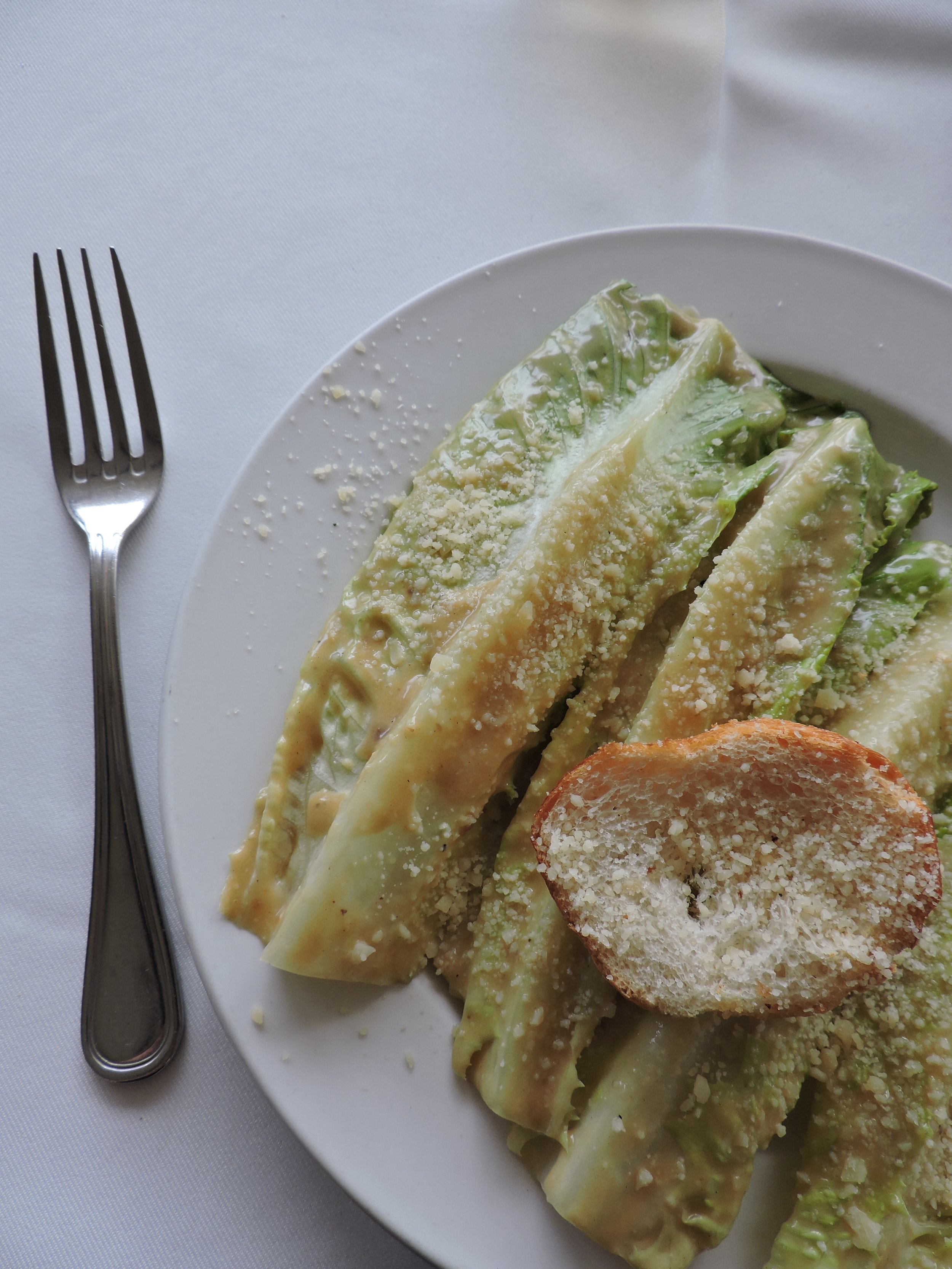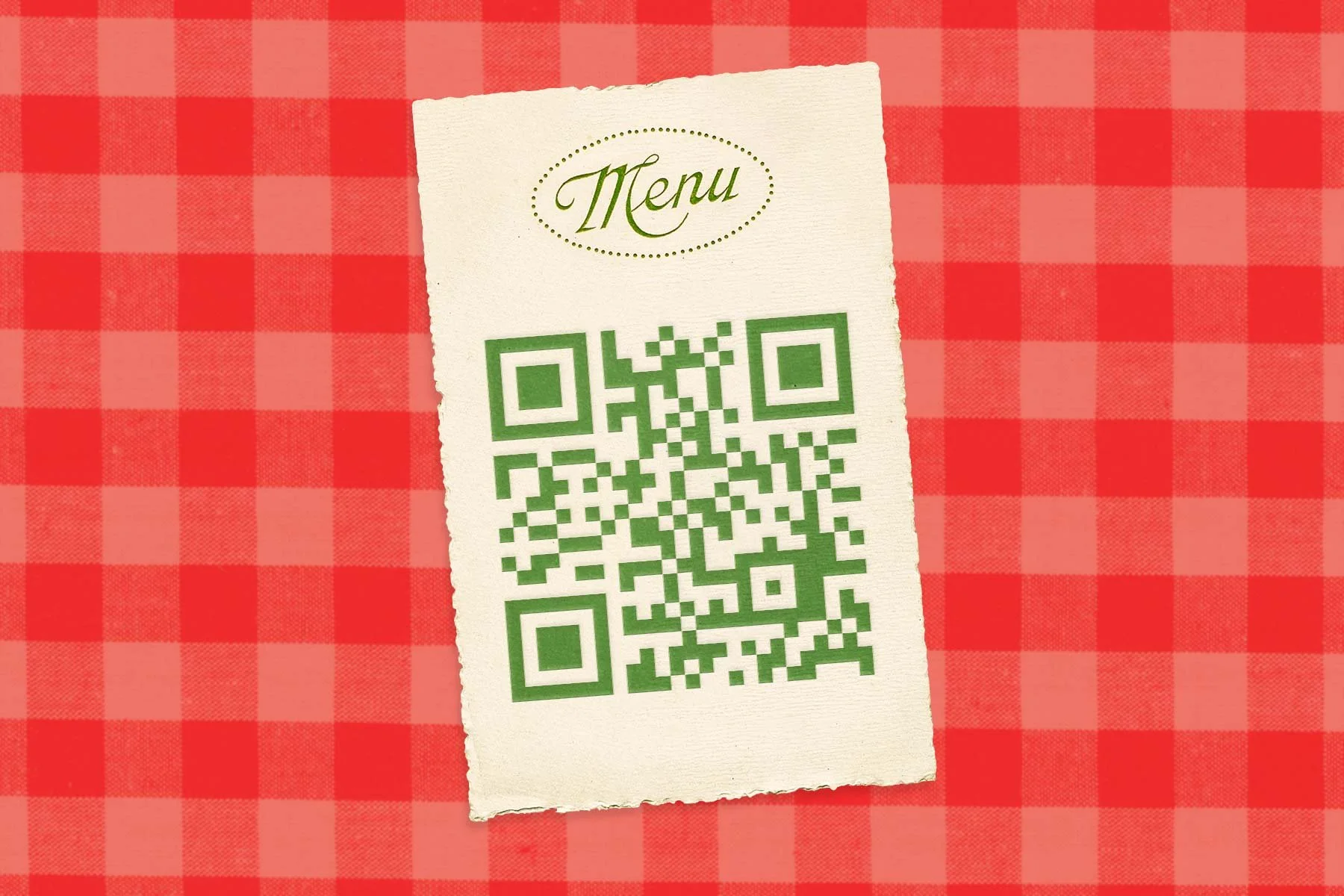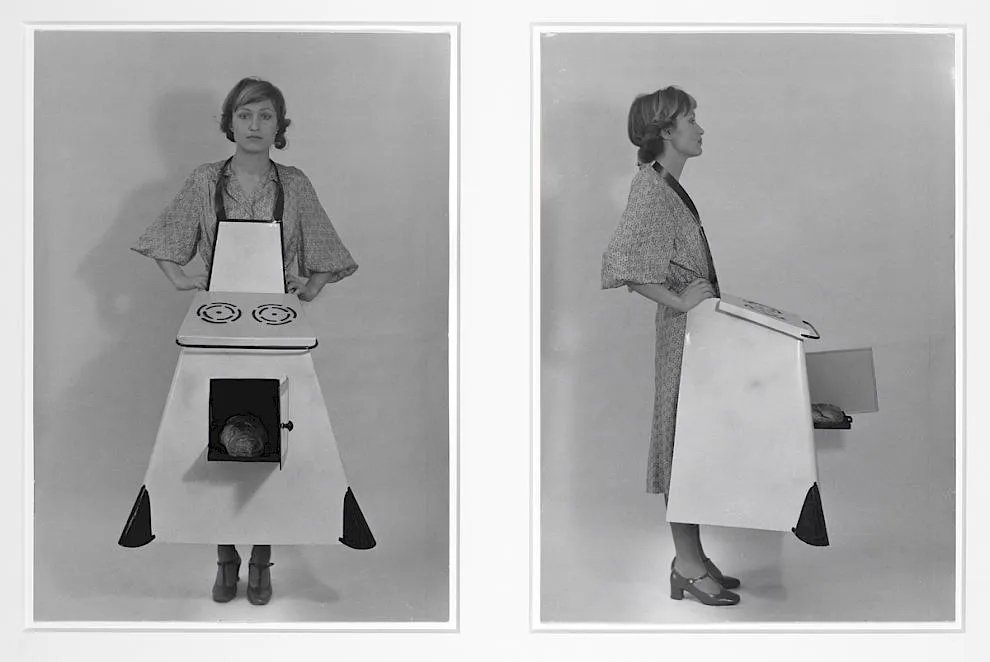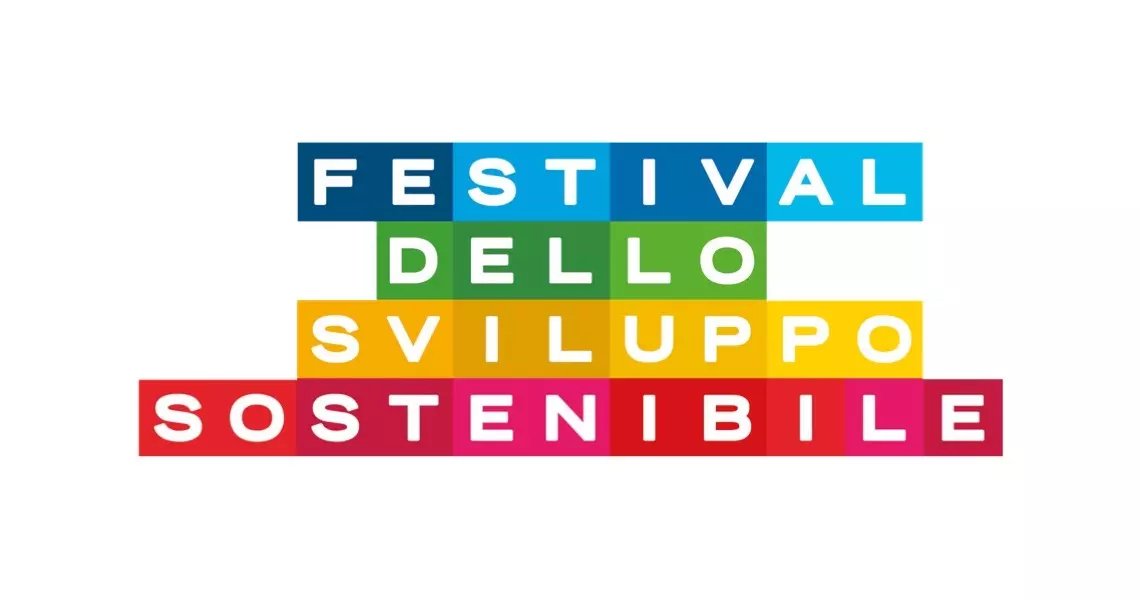I am almost always late. Living a good chunk of my adult life in Germany—a country associated with punctuality—has not changed this. And yet there is one exception: I am always on time, if not early, for ballet class. Ballet, you see, sets a strict rhythm of exercises. Pliés open the class. The choreography might change week to week and yet the sequences of bends and stretches and jumps never does. Pliés gently welcome you to the barre and if my body misses them, then I might as well miss the whole class. So although I’m probably more comfortable than I should be challenging the collaboration between a clock’s hands and the social expectations they set, I do not dare disobey ballet’s schedule.
All of this is to say that I have been thinking about time: about how the body feels it and how the mind respects—or refuses—its measurements. And so it is with great excitement that I am returning to Oslo next week to take part in the “Lifetimes Conference.” The final event of the Lifetimes Research Project at the University of Oslo will bring together scholars who approach time as an analytical lens through which to study objects, events, and practices, entanglements, materiality, and futurity.
I’m excited to be part of the “Life cycles and death cycles” panel on Friday 11 August, where I will present the paper “Best Before: Time and Other Ingredients.” And I am most looking forward to being in the company of Ana Maria Delgado, who will speak about fermentation and the temporalities of microbial-based living material, alongside Camelia Dewan, Elisabeth Schober, and Johanna Markkula, who will address the life cycles of ships as both theory and method. Browse the whole program here.



















